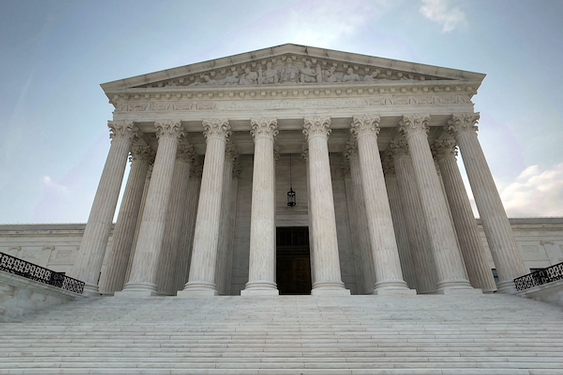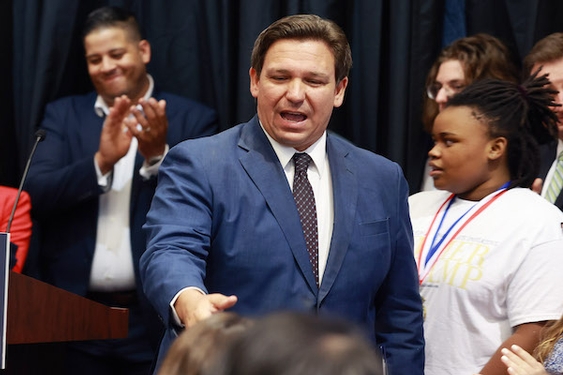Tuesday night wasn’t about the future of the United States. It wasn’t about red and blue states, five-term incumbents or the 2016 presidential election.
It was about apathy, particularly among the college-age demographic.
The 2014 midterm elections represent the current state of complete disgust that many young Americans feel toward the political process. The GOP has taken control of Congress and put a stranglehold on the House of Representatives, while many states have doubled-down on backwards thinking and anti-progressivism. And, my community effectively responded with a shoulder shrug and a “Sh*t, oh well.”
College students should care more about political elections than just about anyone. During the civil rights movement of the 1960s, college campuses served as the hotbed for progressive thinking and togetherness, forcing needed change within society through communal resilience. Today, most American college students seem to have become so dissuaded by the lack of transparency and efficacy within the government that we no longer take responsibility in shaping the world we’ve been left with. Only an estimated 13 percent of voters under the age of 30 participated this year, as opposed to 22 percent of voters over 65 years old, and only a few of my peers voted. Even fewer are taking the time to contemplate what impact the next two GOP-dominated-Congress years could have on our future.
Ask any college student how she or he feels about the Republicans taking control, and I bet many will say something along the lines of, “Congress was broken anyway. Maybe now at least they’ll do their jobs.” Although this isn’t an entirely misplaced notion—now that the GOP has control of both houses and a sturdier platform to talk down from, they should be further incentivized to prove their ideals are right for this country in advance of the 2016 presidential race—this apathetic line of thinking is representative of systemic issues in government and society today.
Politics isn’t a meritocracy; it’s just one extra-large pissing contest with a smear campaign on the side. The Republicans got to this position not by actually accomplishing or proving anything, but simply by planting seeds of doubt in every vacant American mind with one terror-filled word: Obama.
Six years ago, college students loved Obama. Two years ago, we were worried about the lack of progress and transparency in his administration, but he was still better than the other guy, so hey—why not? But today, our disillusionment is complete. We realize that he’s just another politician. And we are pissed off about it, because he was supposed to be our guy. This has caused a massive shift in how young people view the GOP. Our frustration with Obama has led to many young people now not only empathizing with the party’s ideals, but actually identifying with them.
In this regard, my community of young voters fails to see the forest for the decaying, radioactive trees. We are giving more power to the group that has halted legislation over the past few years, using the problems of the country as a bargaining chip during contrived crises. We are giving more power to the group that largely denies climate change and believes that women should not have the right to have access to contraception or abortion.
The midterm election held some slivers of progress, though. There are now 100 women in congress for the first time ever. San Francisco has voted to increase the minimum wage to $15. And Oregon, Alaska and Washington D.C. all voted to legalize recreational marijuana, paving the way for many more states to follow suit in 2016, when more young people are sure to hit the polls.
But because not as many young people turned out to vote, it’s likely that more anti-abortion measures passed—such as Amendment 1 in Tennessee—and science-denier Sen. James Inhofe was made chair of the Senate Environment Committee as a result.
Young people seem to think that the answer to the mistakes of our elders is apathy: You cannot lose if you don’t play, right? Wrong. This thinking is almost as backward as electing someone who denies climate change to the position most responsible for addressing climate change. We can’t progress by receding; we need to push back and take control of our own destiny. We need to embody college progressivism ideals and band together to take a stand against the government’s constant senselessness and corruption, shaping our world for ourselves.
It seems only time will tell whether young voters are able to realize their potential in shaping the world by the 2016 election. I suspect that this two-year GOP trial period—two years of anti-science, anti-women’s rights, anti-immigration and anti-rationality legislation—will light exactly the fire we need to get off our asses and vote next time around.












